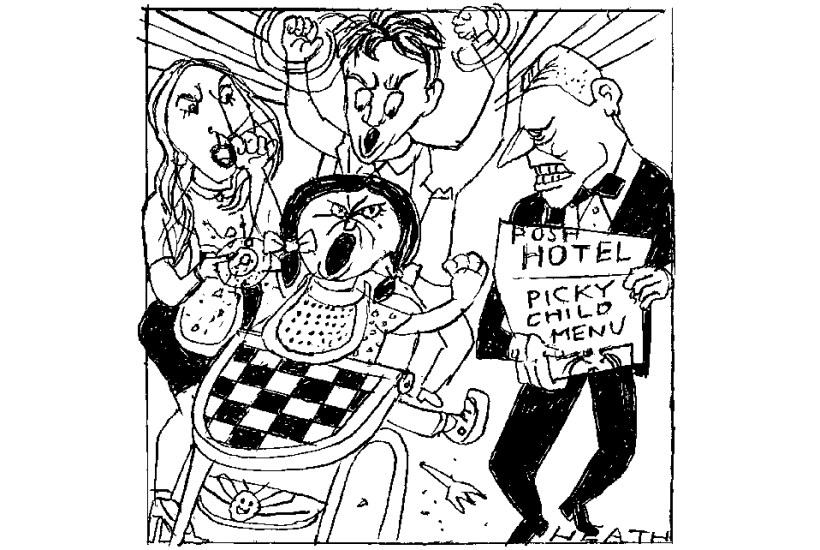One parent in our class WhatsApp chat raised a pressing concern: her daughter was coming home every day with a full water bottle. Were other parents faced with the same unsettling discovery?
There followed a lengthy discussion of how much water was left in each child’s bottle. Some children, when confronted, testified that they had drunk water during the day and then filled up the bottle at school.
Already a subscriber? Log in
Subscribe for just $2 a week
Try a month of The Spectator Australia absolutely free and without commitment. Not only that but – if you choose to continue – you’ll pay just $2 a week for your first year.
- Unlimited access to spectator.com.au and app
- The weekly edition on the Spectator Australia app
- Spectator podcasts and newsletters
- Full access to spectator.co.uk
Or
Unlock this article
You might disagree with half of it, but you’ll enjoy reading all of it. Try your first month for free, then just $2 a week for the remainder of your first year.













Comments
Don't miss out
Join the conversation with other Spectator Australia readers. Subscribe to leave a comment.
SUBSCRIBEAlready a subscriber? Log in